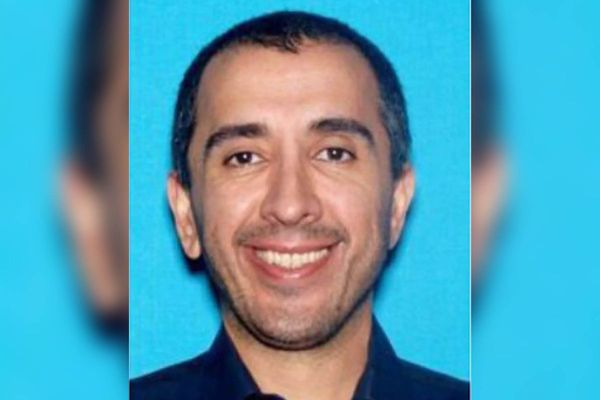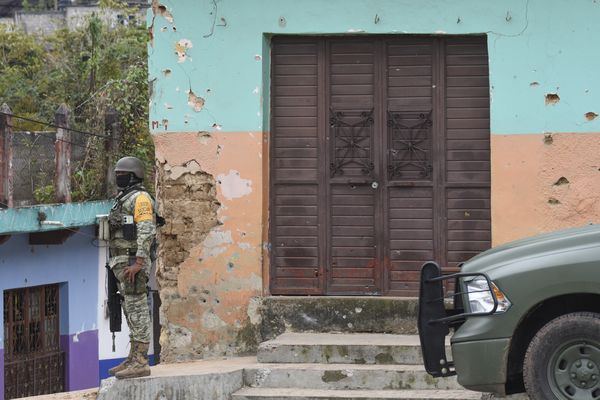
Sovereign citizens and radical jihadist groups are behind the increasingly lo-fi, lone wolf-style attacks that make up the biggest terror threat to Australia, according to internal Australian Federal Police (AFP) documents.
Wieambilla attackers Nathaniel, Gareth and Stacey Train and jihadi Momena Shoma were highlighted in police counter-terrorism presentations and briefings as representing examples of religiously motivated violent extremism.
The AFP has been raising the alarm about the changing forms of terrorism through public statements, like last year’s inaugural federal crime threat picture, as well as submissions and statements before various parliamentary inquiries and committees.
Documents obtained by freedom of information request provide new details and examples of the kinds of terrorism that primarily worry the agency.
While the AFP has publicly said that its counter-terrorism “operational tempo” is high, a presentation given in February this year goes further by saying that it is at an “unprecedented” level.
The cause of this flurry of action is “an increasingly diverse and complex” caseload, led by religiously motivated violent extremism cases. The presentation also explains that the number of cases related to ideologically motivated violent extremism (like white nationalists and racist groups) and high-risk terrorism offenders (meaning repeat offenders) is increasing.
Another document explains how these threats are changing in the AFP’s eyes.
“Where we used to see planned, coordinated and resource-intensive threats and attacks, we are now seeing small-cell actors and self-radicalised individuals who may engage in low sophistication attacks,” a January 2024 briefing note said.
While there are fewer sophisticated attacks, it claims, this trend presents a new challenge: “These threats are often difficult to detect”.
The 2022 Wieambilla attack is cited as one example of this kind of threat, called “Australia’s first Christian fundamentalist RMVE [religiously motivated violent extremism] attack” by police.
Briefing notes also highlight the threat of “transnational jihadist groups” that are targeting “all countries, including Australia”. Explaining that women and children have been part of this trend, briefing documents cite a case called SHOMA, which seems to refer to Momena Shoma, whose sentence for stabbing her landlord was extended after she attacked her cellmate, motivated by her allegiance to Islamic State.
Another presentation uses the case study of sovereign citizen Teresa van Lieshout, who pleaded guilty to charges relating to impersonating the governor-general and ordering fake AFP badges as part of her plan to overthrow the government.
The document goes into detail about van Lieshout’s plans, listing her rallies and surveilled activities, which included ordering and distributing fake AFP badges. It finishes with a note about the impact of mental illness on van Lieshout’s actions.
“To this day [redacted] does not accept [redacted] diagnosis of a delusional disorder,” the presentation ends.







